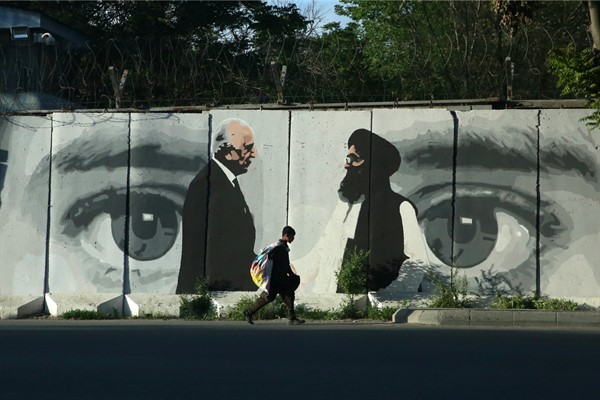United Nations Secretary-General Antonio Guterres’ appeal in March for a global cease-fire amid the coronavirus pandemic made no impression on the Taliban. Through April, the militant group’s commanders seemed generally dismissive of the risks posed by COVID-19 as they ramped up their annual spring offensive. The disease had yet to make much inroads into Afghanistan and Pakistan at the time. Many Taliban members happily promoted the idea that true believers had nothing to fear, and that the pandemic was only a problem for the decadent West. Accordingly, Taliban officials continued meeting each other normally and, during Ramadan in May, many of them crowded into mosques to attend the nightly Taraweeh prayers that are a fixture of the Islamic holy month.
Predictably, by the end of May, the Taliban leadership was badly hit by a wave of COVID-19 infections. Former Justice Minister Nuruddin Turabi, former Public Health Minister Mohammad Abbas and the former chief of army staff, Mohammad Fazl, were among the many officials who tested positive in Pakistan’s commercial center of Karachi and the border city of Quetta, where much of the group’s leadership are based.
The spread of infection through the Taliban’s senior ranks triggered intense speculation in the media that the organization’s supreme leader, Haibatullah Akhunzada, might have died of COVID-19. Taliban officials denied the reports, of course, but produced no evidence to back up their claim that he was alive and working normally.

